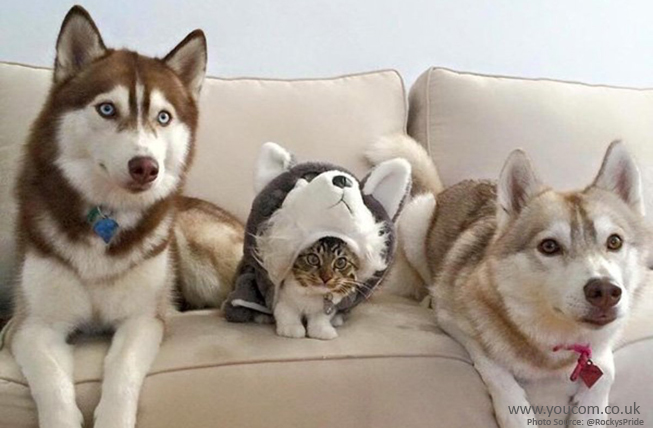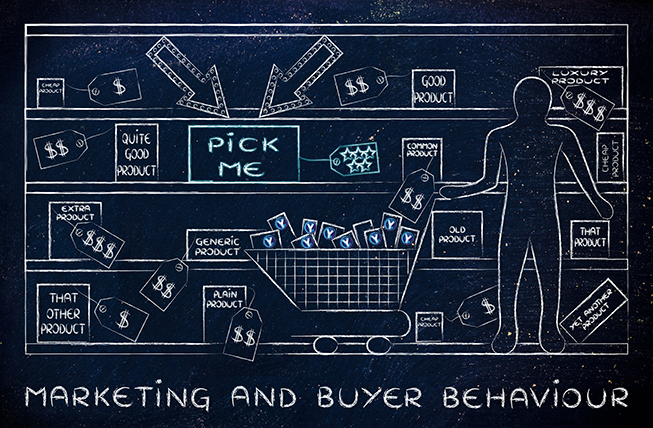
All is not quite what it seems when brands look at the consumers of their products. Some consumers simply ‘copy’ their friends to be like them. Others deliberately choose to be different.
The decision-making process is complex and led to a whole large module of marketing under the heading buyer behaviour. Many buying decisions are made when the customers don’t know the real reason for their purchase.
Many decisions are made unconsciously or emotively. Some reasons for buyer behaviour are logical and reasoned. Others are emotional decisions.
Brands over time learn the ‘best’ way to sell their products or service but only the best brands likely to remain the longest as market leaders, understand that this way fluctuates over time.
For example, Pepsi sell their product as a brand image representing a lifestyle of young, hip, trendy, cool, fresh, different. They appeal to the emotional decision of buyer behaviour. They do not sell their product as ‘logical’ or as a performance product.
A good advertising agency will research the client and understand this, as well as identifying when that brand may need to change their understanding of the key market buyer behaviour.
Pepsi has learnt that their key customer is influenced by the emotional decision for though they may say they buy “because it tastes better than Coca-Cola”, that may not be true (logical) and instead they are buying “because it’s Pepsi”.
Consumers attach their own personal value to a brand. The Pedowitz group state that personal value has two times as much impact on buyer behaviour as business value does.
They also agree that as much as 68 percent of consumers for your product who identify a personal value with your brand will pay a higher price for it. It is therefore a good investment to build the personal value via a good advertising campaign as you are able to increase the GM to recover it.
When brands advertising campaigns fail to attach the personal value to their brand product, the Pedowitz group show only 8.5 percent of buyers would pay the higher price. Most would simply choose the competitor product.
Emotion, created by the personal value attributed to a brand product, precedes the customer’s conscious decision and materialises in conjunction with the rational decision-making thought process.
Therefore, the highest value of ROI for an advertising campaign lies in how much personal value (and emotion) a brand can attach to consumer buyer behaviour. Probably one reason why there are so much cat videos online…
Follow the YouCom Media news posts to see the next developments.
Glossary:
GM – Gross Margin
ROI – Return on Investment
Required reference:
YouCom Media News, Jun 2018, London, ‘Buyer Behaviour 2.’








